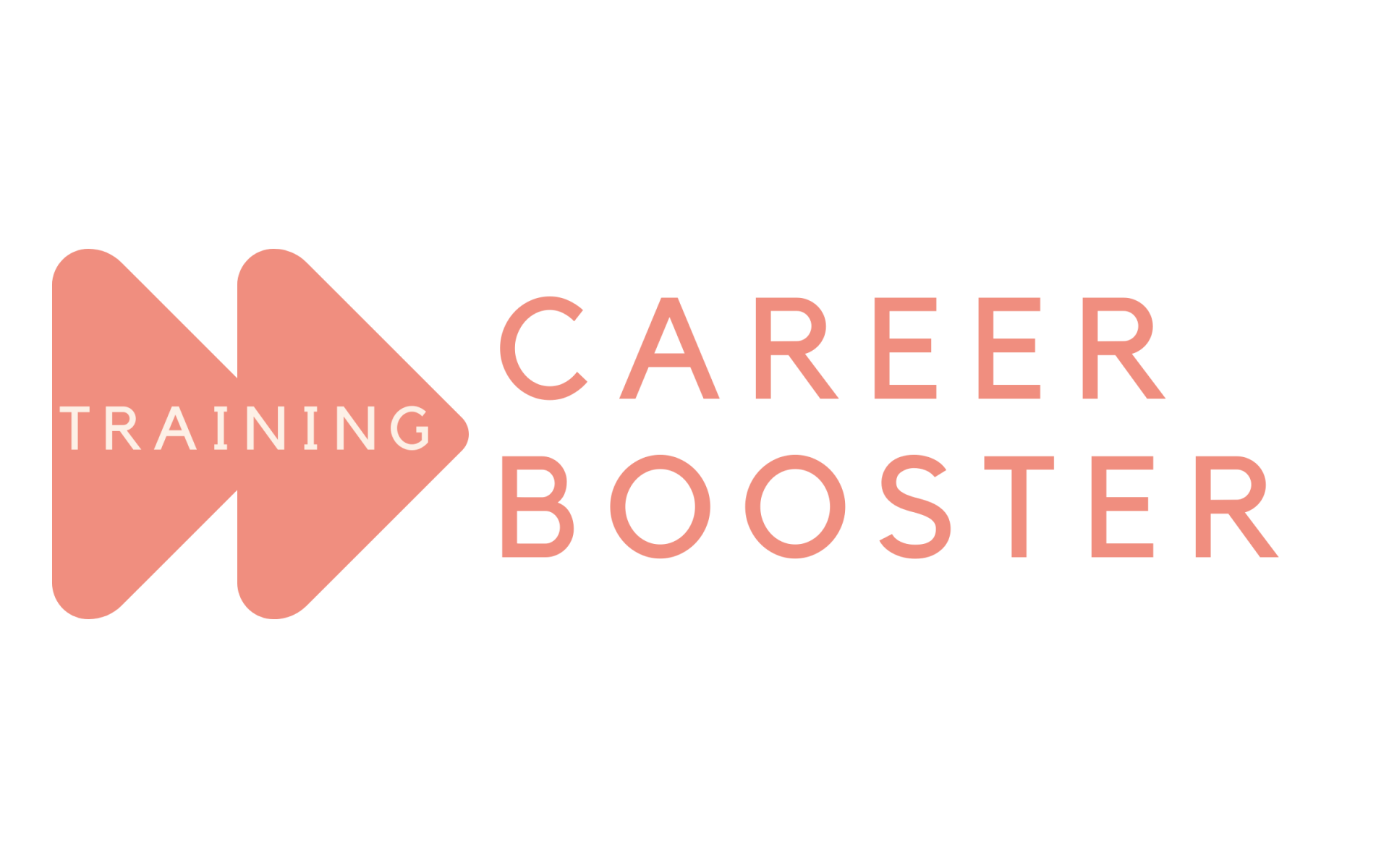Unless you execute, that is bring a plan to fruition, take action, deliver your commitment the knowledge, strategy, discussion is worthless. Not totally worthless, as it may be used in future to enable another execution but the point is that knowledge exists to enable action. Perhaps the only knowledge where there is power with limited action is within words. They can cut to the core of an issue, build someone up, cut someone down, take the wind out of some one’s sails and make them feel safe and secure. Still they depend on action to make this happen, the action of being spoken and their power becomes strengthened further with further action. Like writing a book. Or sending that email. Or making that podcast. Ultimately it is the action that results from words that gives them power.
Some people can glide through in a corporate environment by saying exactly the right things at the right time, and doing nothing, but for the bulk of us, especially in the early days, what you actually do matters.
And yet many of us get paralysed by action. That is when we get tested. When we might fail. When it could go wrong. And knowledge will rain down with theories, and ‘I told you so’ and more detail that we could or should even have considered. Yet it is only through action do we have a chance of achieving anything at all. And it is only through repeated action that we will improve. There is a fascinating example in Adam Grant’s book Originals. It cites a group of photography students who were split into two. Group A was graded on whether or not they produced 100 photographs during an assignment. Group B was graded on the quality of one photograph only. Group A went out and took many photos, as photography students they were not simply photos of the ground to hit the number, more like 100 attempts at a quality photo. Group B fixated on quality, perfect lighting, angle, time of day, subject and on and on. Finally, the best quality photos overall came, without exception, from group A, showing that quantity of action has a larger impact for improvement.
I can think of other examples where just taking action and accepting that the theory has to stop at some point has delivered amazing results. We will never know for certain whether our execution will work, whether our idea is perfect. Take the stockmarket. A daunting, scary place for many, where money can get lost. But data shows that it will go up over time, and there are multiple tracker funds, so if you invest in one of those, and are prepared to wait then you are almost certainly going to end up with more than you started with. Yet many people don’t do this. They hold the money in zero interest bank accounts theorising over options.
Now I am not advocating for shoddy action. Or unconsidered execution. The theory and strategy is crucial. It balances risk and ensures that the action taken has the best chance of success. But I am advocating for more people to have a bias for action. To apply the learnings taken in training, build habits, keep what works, discard what doesn’t and learn fast. Just. Do. It.


